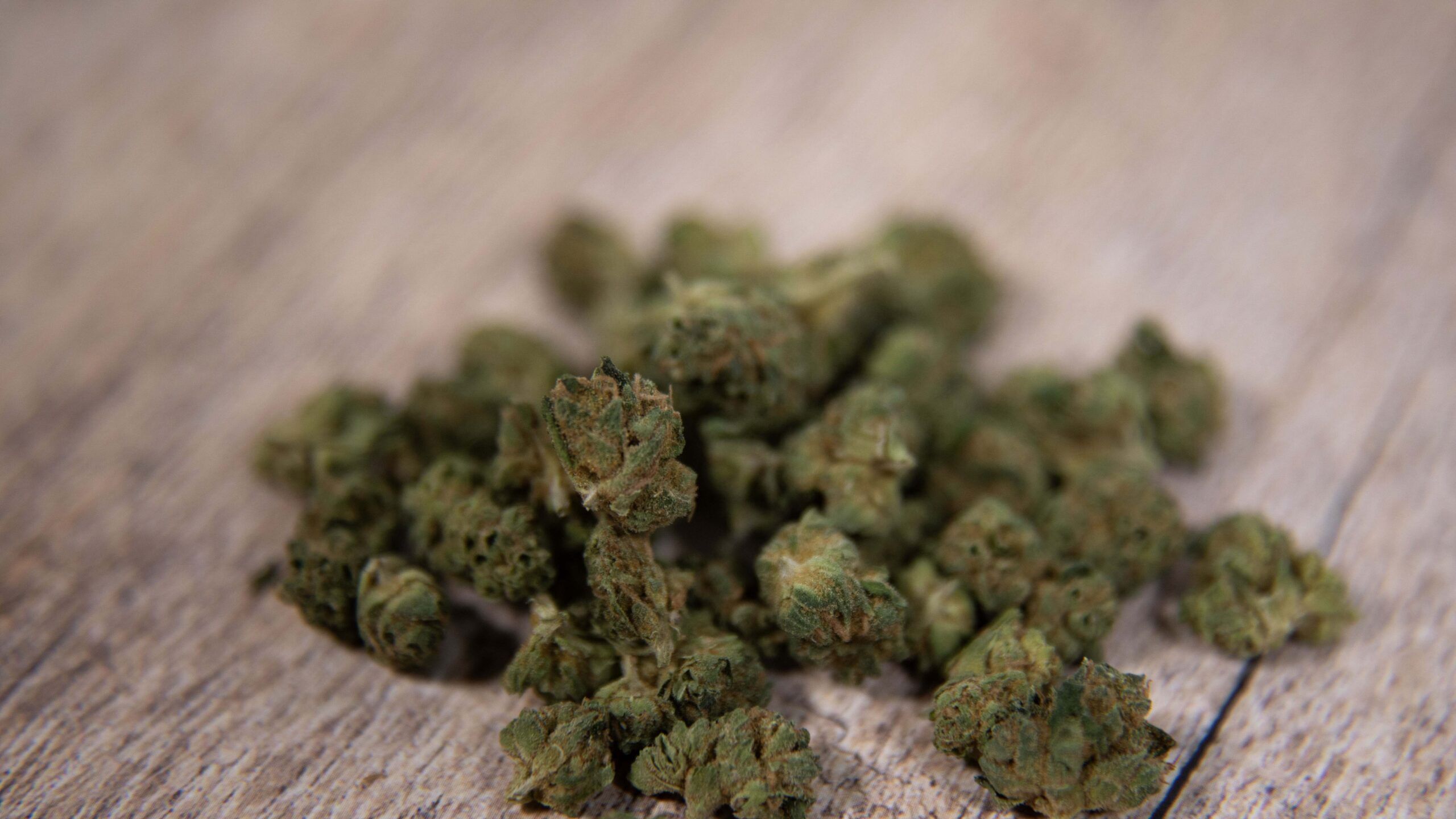Eco-friendly cannabis packaging is slowly making its way into Philadelphia’s medical marijuana delivery market. As cannabis consumption grows in the city, so does awareness around sustainability. While some progress has been made, eco-friendly packaging is far from standard practice in local cannabis delivery orders. The reasons behind this are layered in regulatory constraints, cost barriers, and industry priorities.
In Pennsylvania, medical cannabis packaging must follow strict compliance guidelines. Containers must be child-resistant, tamper-evident, opaque, and often resealable. These rules prioritize patient safety, but they also limit the types of materials dispensaries can use. For example, biodegradable plastics and paper-based packaging often don’t meet the durability standards needed to pass state safety tests. This has created a roadblock for many delivery services looking to transition to greener solutions.
Despite these challenges, some cannabis companies in Pennsylvania are starting to push the envelope. A handful of dispensaries and producers have started introducing more sustainable options such as recyclable glass jars, biodegradable bags, and reusable tins. Some local organizations have even gone as far as becoming certified carbon-neutral and reducing plastic usage across their operations. These early adopters are setting the tone for what could become a larger trend in the city.
One of the biggest hurdles in making sustainable packaging the norm is the cost. Eco-friendly alternatives, such as hemp-based plastics or compostable containers, can cost significantly more than traditional options. For delivery-focused dispensaries—many of which are still working to establish a consistent customer base—these added expenses can be hard to justify without strong demand or regulatory incentives.
Another issue is the lack of regulatory direction. While many states enforce strict packaging rules, few offer incentives or mandates related to sustainability. Without pressure from policymakers or consumers, dispensaries may not feel the urgency to prioritize sustainable packaging over cheaper, compliant materials. That said, as federal cannabis reform discussions continue to evolve, future legislation could include eco-conscious provisions.
Consumer interest is helping move the conversation forward. More Philadelphia-based patients and consumers are expressing concerns about waste and seeking brands that reflect their environmental values. As a result, marketing sustainability is becoming a differentiator for some cannabis brands. Offering “green” delivery options with recyclable or minimal packaging could soon become a way to build loyalty and stand out in a competitive marketplace.
The technology behind sustainable packaging is also evolving. New materials that combine eco-friendliness with compliance are entering the market. Innovations in compostable polymers and plant-based packaging that pass state testing standards are becoming more accessible to dispensaries of all sizes.
In conclusion, while eco-friendly cannabis packaging is not yet widespread in Philadelphia’s delivery services, momentum is building. A combination of consumer interest, material innovation, and eventual regulatory changes could soon bring sustainable packaging from the fringe to the forefront of Philly’s cannabis industry.
